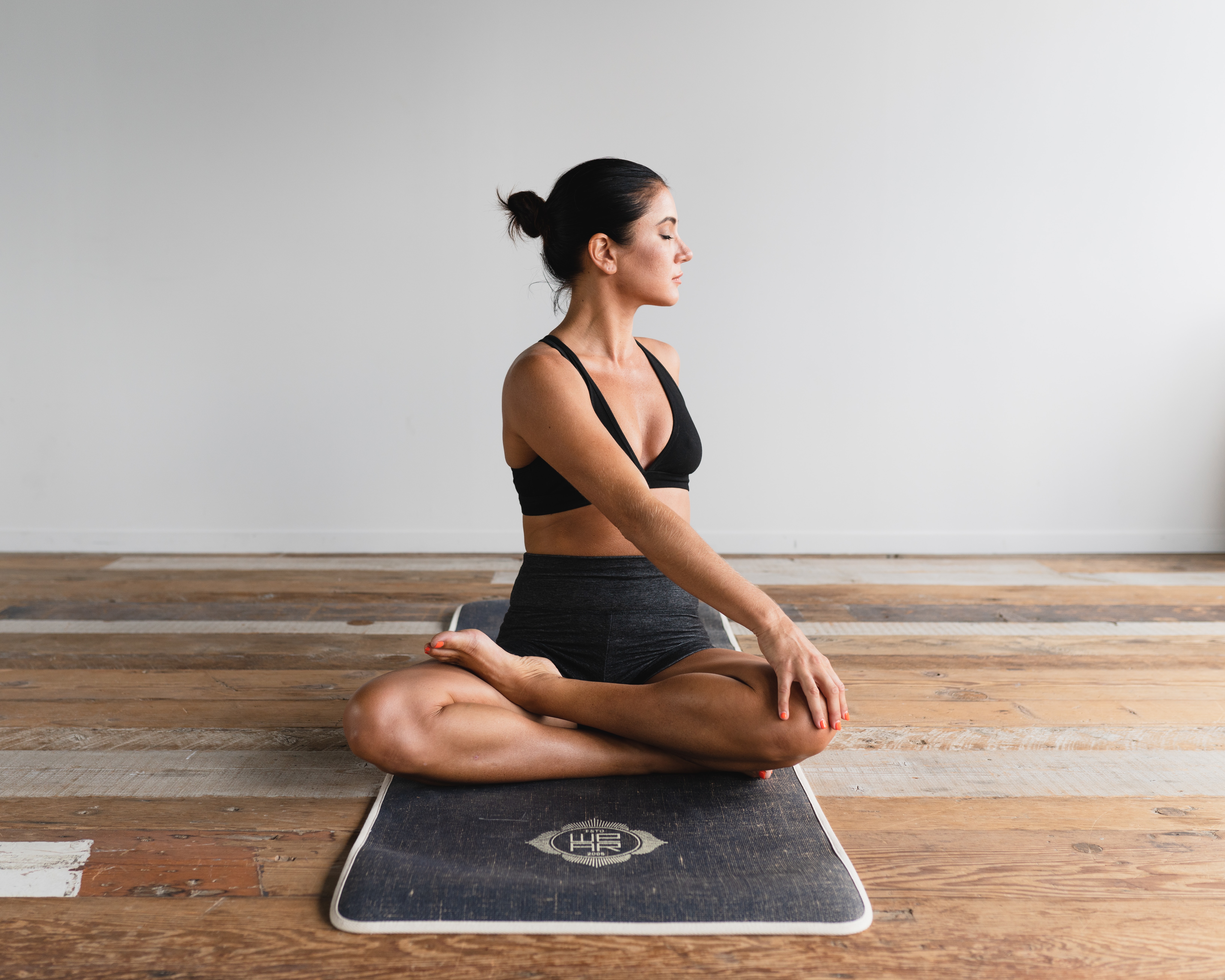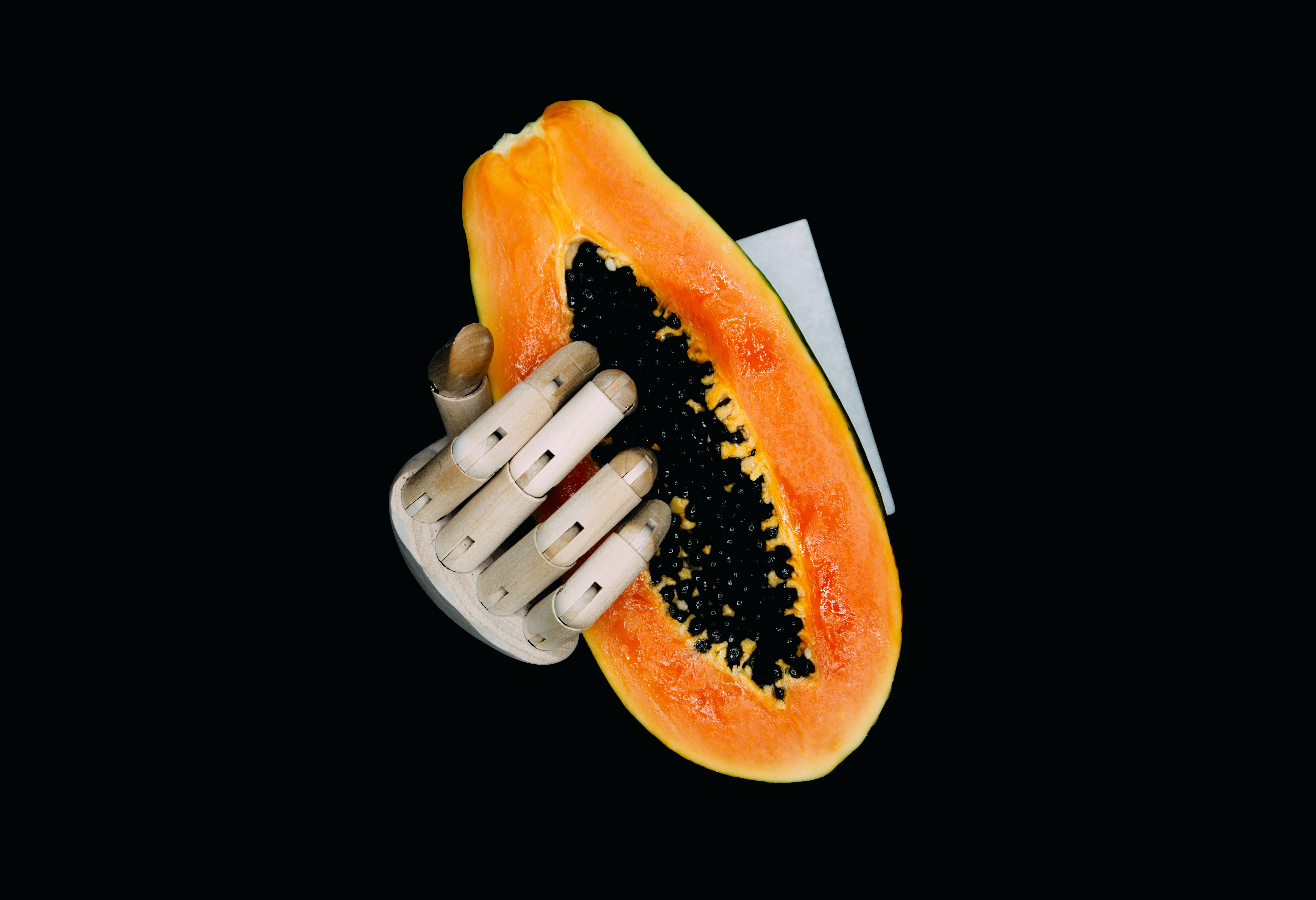
Loose Vagina: Learn How To Tighten Your Vagina Naturally
by Esther on July 6, 2023 , 8 min read
A loose vagina is a common concern among many women. Factors such as childbirth, hormonal changes, and ageing can contribute to vaginal laxity, which may affect sexual satisfaction and self-confidence. While surgical procedures are available to address this issue, there are also natural methods that can help tighten the vagina. In this article, we will explore the causes of vaginal laxity, its symptoms, and six natural ways to tighten the vagina.
What Is Vaginal Laxity & What Causes Loose Vagina?
Vaginal laxity refers to the loosening or loss of tightness in the vaginal tissues. It can occur due to various reasons, including:
1. Childbirth: The process of childbirth, especially vaginal delivery, can stretch the vaginal muscles and tissues, leading to temporary or long-term vaginal laxity.
2. Hormonal changes: Fluctuations in hormone levels, particularly a decrease in estrogen, can result in decreased muscle tone and elasticity in the vaginal area.
3. Aging: As women age, the production of collagen and elastin in the body decreases, which can affect the tightness and firmness of the vaginal tissues.
4. Menopause: The hormonal changes that occur during menopause can contribute to vaginal dryness and laxity.
What are the Symptoms of Loose Vagina?
Some common symptoms of vaginal laxity include:
- Reduced sensation during sexual intercourse: Vaginal laxity can lead to a decrease in friction and tightness during intercourse, resulting in reduced sensation for both partners. This can impact sexual pleasure and make it more challenging to reach a satisfying level of stimulation.
- Decreased sexual satisfaction for both partners: When the vaginal muscles are less toned, it can affect the overall sexual experience. Both partners may feel a decrease in pleasure and intimacy, leading to a less satisfying sexual relationship.
- Difficulty achieving orgasm: Vaginal laxity can make it harder to achieve orgasm. The diminished muscle tone and reduced sensitivity may require more stimulation and effort to reach climax, making it a more challenging and frustrating experience.
- Urinary incontinence or leakage: Weakened vaginal muscles can contribute to urinary incontinence or leakage, particularly during activities such as laughing, sneezing, or exercising. This happens when the pelvic floor muscles, which support the bladder and urethra, become weakened and are unable to maintain control over urine flow.
- Lack of confidence and self-esteem: Experiencing symptoms of vaginal laxity can have a negative impact on a woman's self-confidence and self-esteem. Feeling less tight or experiencing sexual dissatisfaction may lead to insecurities about one's sexual desirability and performance, which can affect overall well-being and relationships.
Every woman's experience with vaginal laxity may vary, and the severity of symptoms can differ.

6 Ways To Tighten Your Vagina Naturally:
Many women may experience changes in vaginal tightness due to various factors such as childbirth, aging, or hormonal changes. While some women may seek medical interventions for vaginal tightening, there are also natural methods available. In this article, we will explore six natural ways to tighten the vagina without resorting to surgical procedures or medications. These methods focus on strengthening the pelvic floor muscles and adopting healthy lifestyle habits to promote vaginal tightness and overall sexual well-being. By incorporating these techniques into your routine, you can potentially improve vaginal tightness and enhance your sexual satisfaction.
Kegel exercises:
Kegel exercises are a popular method for strengthening the pelvic floor muscles and improving vaginal tightness. These exercises involve contracting and relaxing the muscles that control urine flow. Regularly practicing Kegel exercises can help enhance muscle tone and increase tightness in the vaginal area.

Healthy diet:
Maintaining a healthy diet can indirectly contribute to vaginal tightness. Eating a balanced diet rich in nutrients, particularly those that support collagen production, can help improve the elasticity and tone of the vaginal tissues. Foods such as fruits, vegetables, lean proteins, and whole grains can support overall tissue health.
Hydration:
Staying hydrated is essential for maintaining the health and elasticity of the vaginal tissues. Drinking an adequate amount of water helps keep the tissues well-hydrated, promoting elasticity and firmness.
Herbal remedies:
Certain herbal remedies are believed to have tightening effects on the vaginal muscles. For example, herbs like Pueraria Mirifica and Quercus Infectoria have been traditionally used to promote vaginal tightness. However, it's important to consult with a doctor before using any herbal remedies to ensure safety and effectiveness.

Yoga and pelvic exercises:
Engaging in yoga and specific pelvic exercises can help strengthen the pelvic floor muscles, contributing to vaginal tightness. Practices like squats, bridge poses, and pelvic floor exercises (such as flutter kicks) can be beneficial. Consulting a certified yoga instructor or pelvic floor therapist can provide guidance on exercises that target the pelvic area.
Sexual stimulation:
Regular sexual activity, including foreplay and arousal, can help increase blood flow to the vaginal area and promote natural lubrication. This increased blood flow can improve the elasticity and tightness of the vagina over time. Open communication with your partner about your desires and exploring different forms of sexual stimulation can enhance the overall tightness and sensation.

A loose vagina can be a source of concern for many women, impacting their sexual satisfaction and self-confidence. While surgical procedures are an option for those seeking immediate results, there are natural methods that can help tighten the vagina. Incorporating exercises like Kegels, maintaining a healthy diet, staying hydrated, exploring herbal remedies cautiously, engaging in yoga and pelvic exercises, and prioritizing sexual stimulation can contribute to vaginal tightness naturally. It's also important for women experiencing concerns about their vaginal health to consider their overall reproductive well-being. Regular fertility tests for women, particularly for those with conditions like PCOS, can provide insights into hormonal balance and overall reproductive health. Remember, it's essential to consult with a doctor for personalized advice and to ensure your safety and well-being. By following these natural methods and adopting a holistic approach that includes fertility testing, women can address vaginal laxity and regain confidence in their intimate experiences.